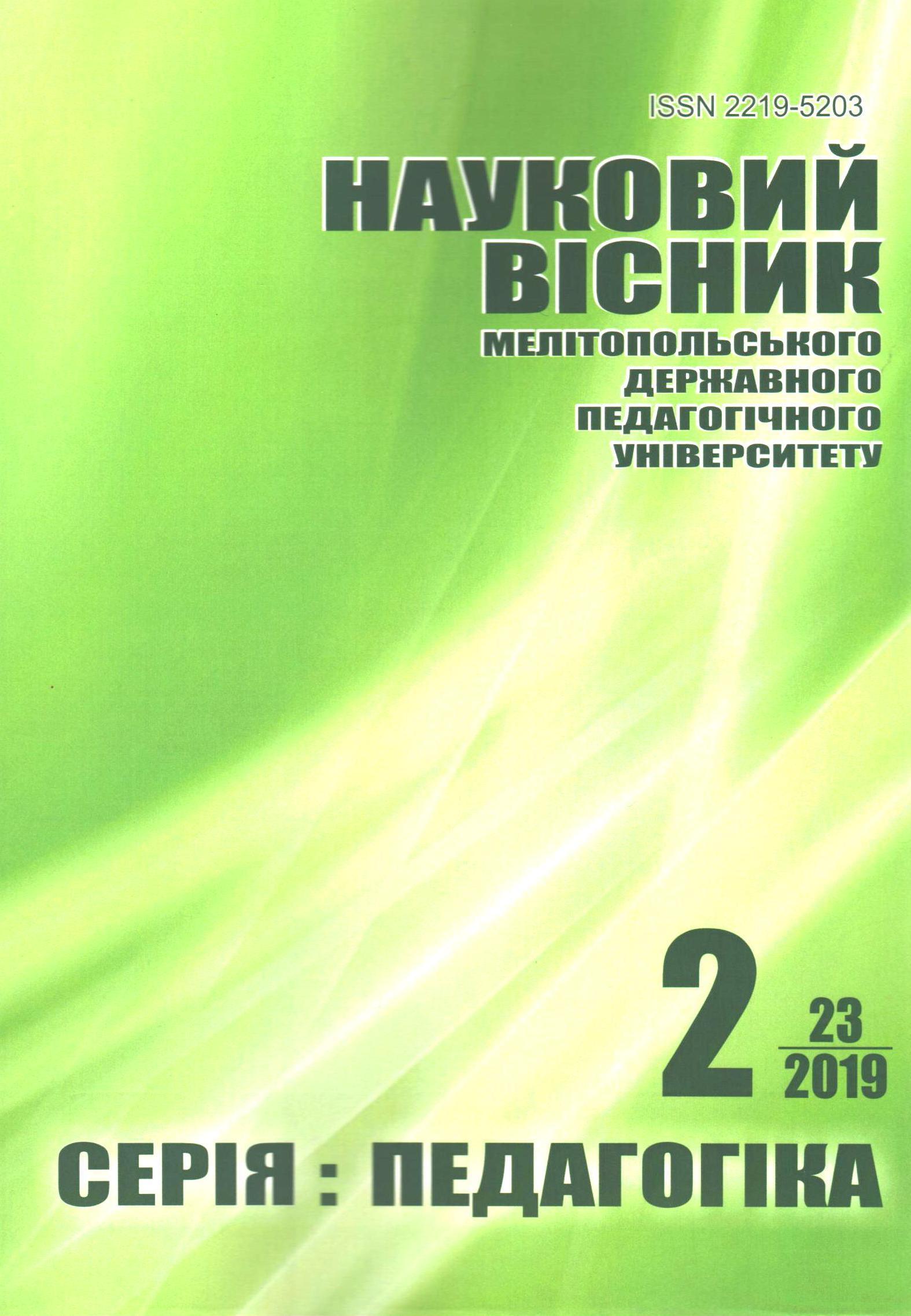Theoretical Foundations of the Formation of Natural History Competencies of a Senior Pupil in the Realities of the New Ukrainian School.
Abstract
The article reveals the different views on the formation of natural history competence in the New Ukrainian Elementary School ‒a quality that integrates cognitive, value and activity components, includes a system of subject competences and ensures the successful solution of accessible socially and personally meaningful problems in the sphere of humannature relations. We clarify the didactic nature and structure of natural history competence and determine the steps towards its formation: 1) pupils learn the system of knowledge, skills, values about real natural objects and processes; 2) integration of the above components into the qualitative personal education of the pupils ‒competence; 3) development of the pupil's ability and willingness to solve the set of personallyimportant natural science tasks. Taking into account mechanisms of competence development, formation of natural history competence of primary school children is realized through: 1) mastering the system of integrated natural knowledge in the required volume, methods of cognition and transformative activity; 2) the development of conservation values, the acquisition and enrichment of children's environmental practices; 3) development of mental abilities, critical thinking, creativity, independence and cognitive activity of pupils; 4) use of modern educational technologies, active teaching methods; 5) involving children in teamwork, creativity, and research in order to consistently acquire the ability to solve a set of defined tasks in relation to real objects; 6) implementation of competent, person-oriented, problematic and activity-based approaches; 7) development of the formed competence, increase of the level of its generalization and integration with other substantive competences. We have determined the pedagogical conditions for achieving competent effective natural learning: a harmonious combination of different organizational forms of learning, the involvement of different sources of mental development of pupils, stimulating creativity in the activities of pupils, setting tasks for becoming a valuable component of natural competence, comparing the perspective of the situation involvement of pupils in defining the purpose and planning of work, dialogue, expression of reflexive judges, pair or group collaboration.




